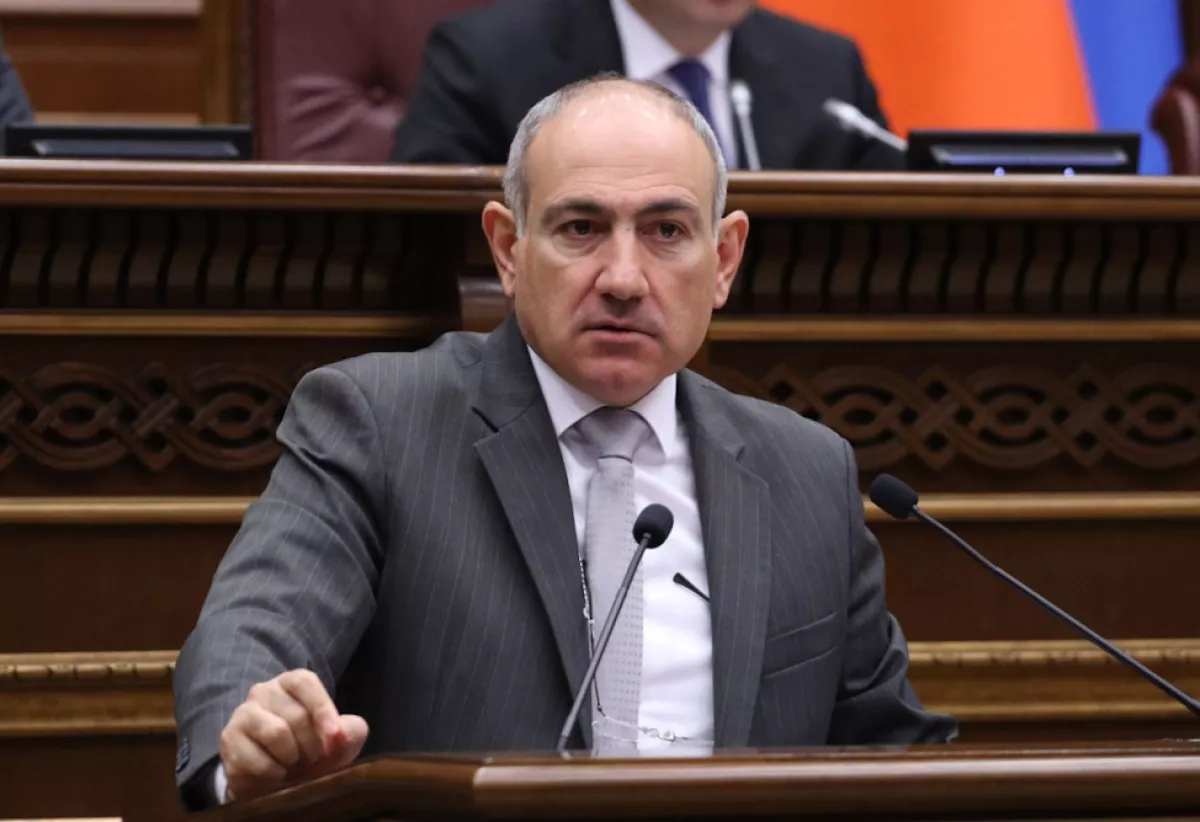Local defeat for Armenian opposition Pashinyan’s party wins in the Catholicos’ stronghold
A significant and notable event has taken place in Armenia. Following the elections to the Council of Elders of the enlarged Vagharshapat community in the Armavir region, held on November 16, the Civil Contract party (led by the list leader and mayoral candidate Argishti Mekhakyan) received 48.5% of the vote, securing a majority in the Council and the ability to form the local government alone.
In second place was the Victory bloc (which includes the Forward and Dashnaktsutyun parties) with 31.9%, followed by Mother Armenia with 5.4%. The remaining parties received less than five per cent of the vote. The 33 seats in the Council are distributed as follows: Civil Contract – 19 mandates, Victory bloc – 12, Mother Armenia – 2.
Pashinyan’s party victory in this election was critically important for the Armenian Prime Minister. Vagharshapat is home to the Armenian Church’s diocese centred in Etchmiadzin, in other words, a place where, by deep-rooted expectation, strong support for Garegin II was supposed to exist.

This triumph of the Civil Contract party marks the collapse of key opposition groups that have been rallying voters around religious discourse. In reality, it turned out that the spiritual light of Armenia’s holy capital did not influence the elections; in other words, Armenians have stopped associating the light of faith with the dark core of Garegin and his team.
The “conquest” of Vagharshapat occurred amid Pashinyan’s policy to weaken the Church’s influence. For several weeks now, the Armenian Prime Minister has been attending Sunday liturgies across various regions of the country, giving the opposition further grounds to accuse him of attempting to divide the Armenian Church. In particular, Pashinyan has been criticised for the fact that, during one of the previous liturgies he attended, the service was conducted by Stepan Asatryan, who had been stripped of his clerical rank.
It is difficult to say whether Pashinyan seeks a split within the Church as an end in itself; however, it is clear that he is not averse to using this instrument to replace Garegin and his circle with others he considers more suitable. The prime minister has spoken about this openly for some time. Encouraged by his party’s success in Vagharshapat, Pashinyan addressed voters in a message in which he described the election results as a mandate to depose Catholicos Garegin II. “By your election, you have given an important impetus to the process of liberating our holiest shrine, the Mother See of Holy Etchmiadzin, from Ktrich Nersisyan,” Pashinyan said, among other things.
The Armenian Prime Minister also noted: “You have elected as head of the community the candidate from the Civil Contract party, Argishti Mekhakyan, confirming that a peaceful, prosperous, and democratic Republic of Armenia is the best way to honour the memory of our fallen.”
This is an important statement, intended to counter the opposition’s manipulative claim that the sacrifices of the “miatsum” (unification) were in vain. The prime minister promotes the idea that these sacrifices were not wasted, insofar as they ultimately led to the recognition of the need to reshape public consciousness.

“I congratulate all my colleagues in the Civil Contract party, and I congratulate all citizens of the Republic of Armenia on this brilliant start to the nationwide 2026 elections. The people of the Republic of Armenia will prevail in the 2026 parliamentary elections,” Pashinyan concluded in his address.
Here, the incumbent Prime Minister demonstrates a clever tactic: by citing a loud but local victory, he effectively presents all voters with a “fait accompli” of future success in the nationwide parliamentary elections. There is some rational basis to this. If we abstract from the context of the Civil Contract’s confrontation with the Church, this can be seen as the first intermediate victory for the ruling party since the peace process between Yerevan and Baku gained new momentum following the Washington meeting in August of this year. This suggests that Armenian society has given its first “yes” to this process.
Thus, in the latest round of confrontation with the opposition and the forces behind Etchmiadzin, Pashinyan has emerged victorious. However, the game is far from over. The symbiosis of internal and external forces, hostile to Pashinyan and the agenda of a peaceful policy, will undoubtedly have more surprises in store.








